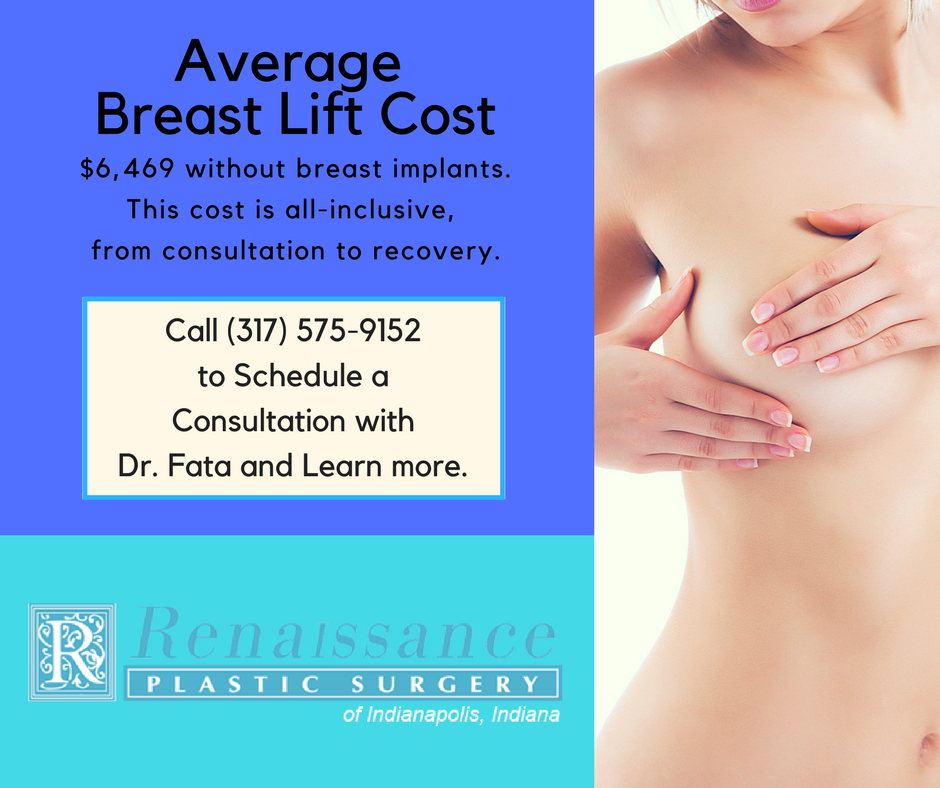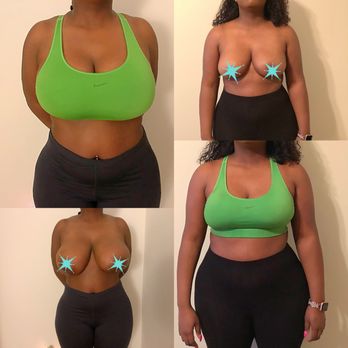
Patients are advised to discuss any specific restrictions with their cosmetic surgeon prior to having any cosmetic procedure. Patients are generally not allowed to lift heavy objects for several weeks after surgery. The patients should also talk about their concerns regarding recovery. If they feel uncomfortable about the surgery, they may decide to postpone it or seek less invasive procedures. The surgeon will help them to decide the best option for them and explain any restrictions or options. The fees and costs of the procedure will be discussed by the surgeon.
Find a board certified plastic surgeon
It is important that you find a board-certified surgeon to listen to your concerns when considering plastic surgery. Most procedures are not covered by insurance, so it's crucial to research potential surgeons before making a decision. Thankfully, there are a number of resources online to help you find a qualified doctor.
The American Board of Plastic Surgery has a website that allows you to search for board-certified plastic surgeons near you. The American Board of Plastic Surgery website can be a great place to begin your search. However, you should also read the reviews of previous patients and search for photos of their work. After all, you may need to see the surgeon personally to make sure they are the right fit.

Find out the identity of a plastic surgeon
It is essential to find out the identity and training history of any potential surgeon before making a choice. There are several organizations that can certify plastic surgeons. But accreditation is another important consideration. A plastic surgeon who is accredited by American Board of Plastic Surgery is considered to be safe. Moreover, members of these organizations have to follow strict training and patient safety standards. This is why it is so important to choose a member.
You can always ask for credentials if a surgeon isn't accredited by the American Board of Plastic Surgery. A good way to confirm a surgeon's credentials is to visit the board's website, or the site of a local plastic surgery board.
Ask a patient who has been treated for cancer about his or her experiences.
A great way to get an idea of what you can expect during a procedure is to ask a past patient. It is vital for many reasons. You will be able to learn about the experience of the doctor, the results that he or she has received, as well as whether the surgeon is a good fit. You can also get insight from a former patient about the doctor's work.
How reliable is a center for plastic surgery?
Accreditation is the best way to assess the quality and safety of a plastic surgeon center. Accreditation indicates that the center has met strict standards in safety and quality. Surgeons practicing in an accredited facility are trained to treat patients with the highest level of care. Additionally, they must be board certified or eligible to become board-certified. Anesthesiologists must also be board certified.

The credentials of the doctors are another way to judge the quality of a center for plastic surgery. It is important to find surgeons who have been trained in plastic surgery. They will be able to perform high quality procedures. American Society of Plastic Surgeons' (ASPS) maintains a list of board certified plastic surgeons. A top plastic surgeon will be an accredited member of this group.
Recovery time after plastic surgery
Plastic surgery recovery can take from a few hours to a few months. It is important to plan ahead of time and prepare for postoperative downtime. It is ideal to arrange for someone to stay at home with you during the first 48 to 72 hours following the surgery. This will allow you to focus on healing. It is also a good idea to inquire about the availability for a post-operative nursing service.
The extent of recovery depends on the procedure performed and the patient. Most patients will require assistance during the first two day, but most can self-care after that. However, patients with small children may require assistance even after the initial day. Most recovery times are determined by the type of procedure. This does not include any time needed to retrain. For example, eyelid surgery patients will typically be able to return to work in a week.